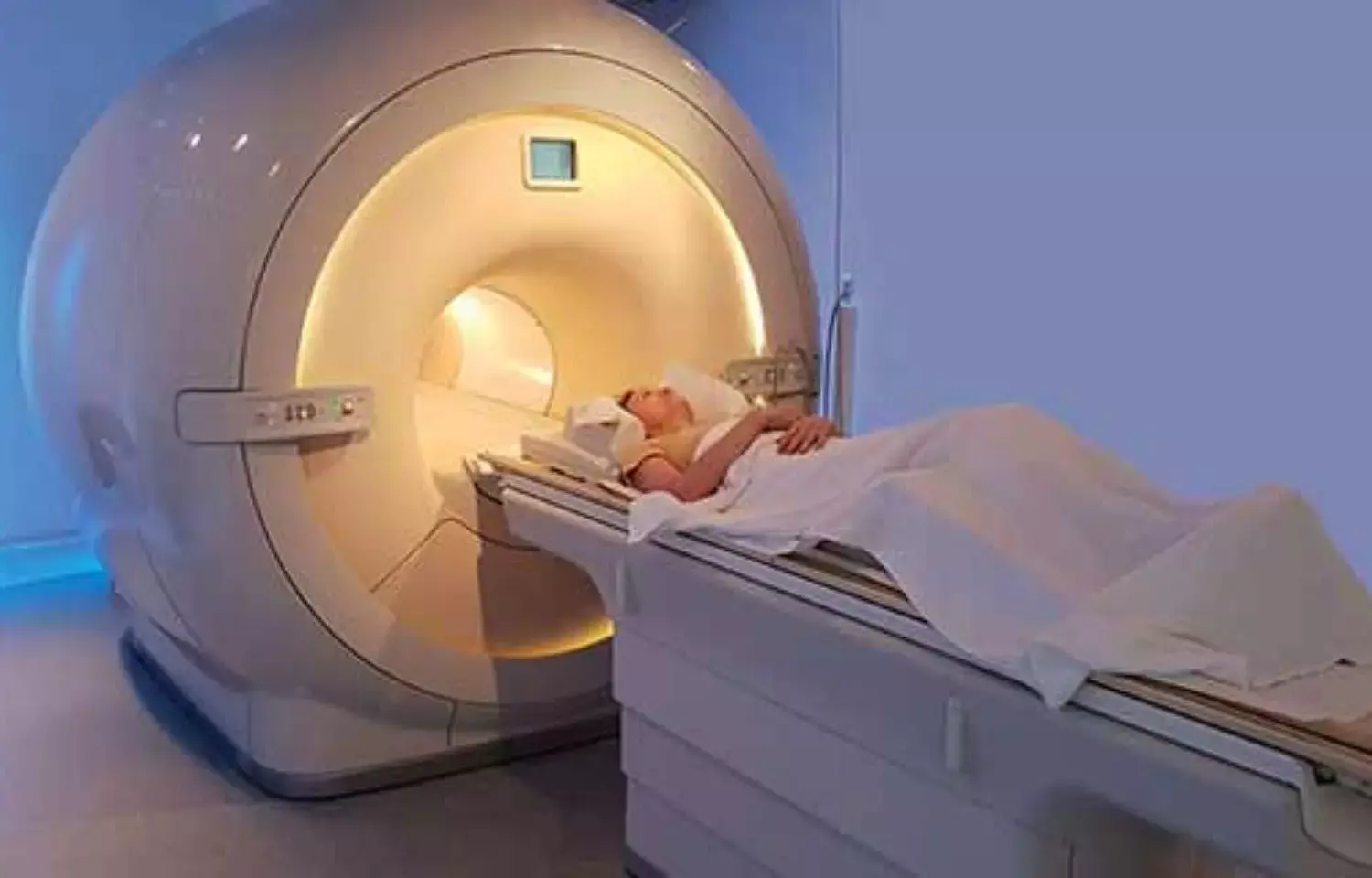- Home
- Medical news & Guidelines
- Anesthesiology
- Cardiology and CTVS
- Critical Care
- Dentistry
- Dermatology
- Diabetes and Endocrinology
- ENT
- Gastroenterology
- Medicine
- Nephrology
- Neurology
- Obstretics-Gynaecology
- Oncology
- Ophthalmology
- Orthopaedics
- Pediatrics-Neonatology
- Psychiatry
- Pulmonology
- Radiology
- Surgery
- Urology
- Laboratory Medicine
- Diet
- Nursing
- Paramedical
- Physiotherapy
- Health news
- Fact Check
- Bone Health Fact Check
- Brain Health Fact Check
- Cancer Related Fact Check
- Child Care Fact Check
- Dental and oral health fact check
- Diabetes and metabolic health fact check
- Diet and Nutrition Fact Check
- Eye and ENT Care Fact Check
- Fitness fact check
- Gut health fact check
- Heart health fact check
- Kidney health fact check
- Medical education fact check
- Men's health fact check
- Respiratory fact check
- Skin and hair care fact check
- Vaccine and Immunization fact check
- Women's health fact check
- AYUSH
- State News
- Andaman and Nicobar Islands
- Andhra Pradesh
- Arunachal Pradesh
- Assam
- Bihar
- Chandigarh
- Chattisgarh
- Dadra and Nagar Haveli
- Daman and Diu
- Delhi
- Goa
- Gujarat
- Haryana
- Himachal Pradesh
- Jammu & Kashmir
- Jharkhand
- Karnataka
- Kerala
- Ladakh
- Lakshadweep
- Madhya Pradesh
- Maharashtra
- Manipur
- Meghalaya
- Mizoram
- Nagaland
- Odisha
- Puducherry
- Punjab
- Rajasthan
- Sikkim
- Tamil Nadu
- Telangana
- Tripura
- Uttar Pradesh
- Uttrakhand
- West Bengal
- Medical Education
- Industry
Is CT head required for ED patients with psychiatric symptoms?

USA: Head computed tomography (CT) may not be necessary for patients who present in the emergency department (ED) with psychiatric symptoms, according to a research letter published in JAMA Internal Medicine. The authors note that, in these instances, just doesn't seem like head CT adds useful clinical information.
The use of head CT examinations is done in acute settings to exclude structural pathology for patients with several psychiatric presentations. There is a variation of the recommendations for neuroimaging in psychiatric illness and mostly they address psychosis' first episodes.
Long H. Tu, Department of Radiology and Biomedical Imaging, Yale School of Medicine, New Haven, Connecticut, and colleagues state that there are no current guidelines that address specific and common psychiatric presentations such as delusions, hallucinations, and suicidal ideation. The team, therefore, conducted the study with the objective to 1) determine the yield of head CT examinations for actionable pathology in common psychiatric presentations and (2) characterize any very low–risk scenarios in which imaging may be avoidable.
For this purpose, the researchers included data taken from CT exams performed in ED and inpatient settings between March 2014 and February 2020 in 369 patients with suicidal or homicidal ideation, hallucinations, delusions, paranoia, catatonia, or psychosis (of these exams, 80.5% were performed in the ED).
The team tracked any acute findings from the CT exams such as fluid buildup in the brain, stroke, or brain bleeds, as well as "explanatory" findings that did not consider the person's psychiatric symptoms such as progressive gliosis or encephalomalacia. Diagnostic yield for head CT was defined as the proportion of exams with findings from either of these categories.
The most common indications for head CT were found to be hallucinations (60.4%), followed by "unspecified psychotic symptoms" (19.8%), suicidal ideation (8.7%), and delusions (5.7%). Also, the head CT exams were found to have no diagnostic yield, either by indication or setting.
For neuroimaging in patients with psychiatric symptoms, there are no professional society guidelines indicating the need for further research.
The researchers conclude, "Our findings suggest that additional research and guideline refinement may improve the value and efficiency of psychiatric evaluation in the acute setting."
"Our findings suggest that additional research and guideline refinement may improve the value and efficiency of psychiatric evaluation in the acute setting," they concluded.
Routine use of head CT examination for common psychiatric presentations may not be warranted if there are no other indications for neuroimaging, the authors noted.
Reference:
Tu LH, Malhotra A, Sheth KN, Yaesoubi R, Forman HP, Venkatesh AK. Yield of Head Computed Tomography Examinations for Common Psychiatric Presentations and Implications for Medical Clearance From a 6-Year Analysis of Acute Hospital Visits. JAMA Intern Med. Published online June 21, 2022. doi:10.1001/jamainternmed.2022.219
Dr Kamal Kant Kohli-MBBS, DTCD- a chest specialist with more than 30 years of practice and a flair for writing clinical articles, Dr Kamal Kant Kohli joined Medical Dialogues as a Chief Editor of Medical News. Besides writing articles, as an editor, he proofreads and verifies all the medical content published on Medical Dialogues including those coming from journals, studies,medical conferences,guidelines etc. Email: drkohli@medicaldialogues.in. Contact no. 011-43720751


